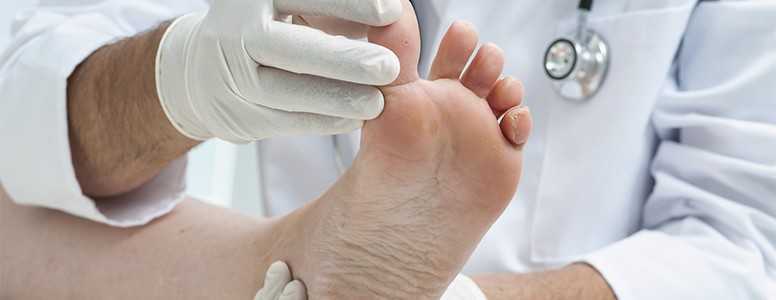Cells taken from a person with a diabetic foot ulcer could help treat the diabetes complication, researchers have said.
Foot ulcers are non-healing chronic wounds that, if left untreated, can lead to infections and lower-limb amputation. There are more than 135 leg, foot or toe amputations each week, according to Diabetes UK.
The number of diabetic foot ulcers have increased in recent years and researchers wanted to develop new treatments to improve the healing process.
Existing therapies require repeated applications which can be costly to the NHS and inconvenient for patients.
The process, which researchers said has been successful in treating the wound, involves reprograming cells to form induced pluripotent stem cells (iPSCs).
iPSCs can potentially develop into a variety of cell types which can be used to create disease models for new therapeutic approaches.
“We have established the capacity to efficiently reprogram fibroblasts from chronic non-healing wounds from diabetic patients to iPSCs for the first time. By screening and selecting fully reprogrammed iPSC clones from multiple primary cell lines derived from diabetic patients,” said the authors.
Professor Sir Ian Wilmut, University of Edinburgh, added: “This research has created two new approaches to the study and treatment of diabetic ulcers. It has revealed an important new source of cells for treatment of ulcers.
“In addition, research on ‘reprogrammed cells’ from such ulcers may reveal the molecular changes that caused the ulcers.”
People with diabetes are advised to care for their feet and attend annual foot checks, being aware of any loss of sensation and avoiding corn-removing plasters or blades.
The study has been published in the journal Cellular Reprogramming.







